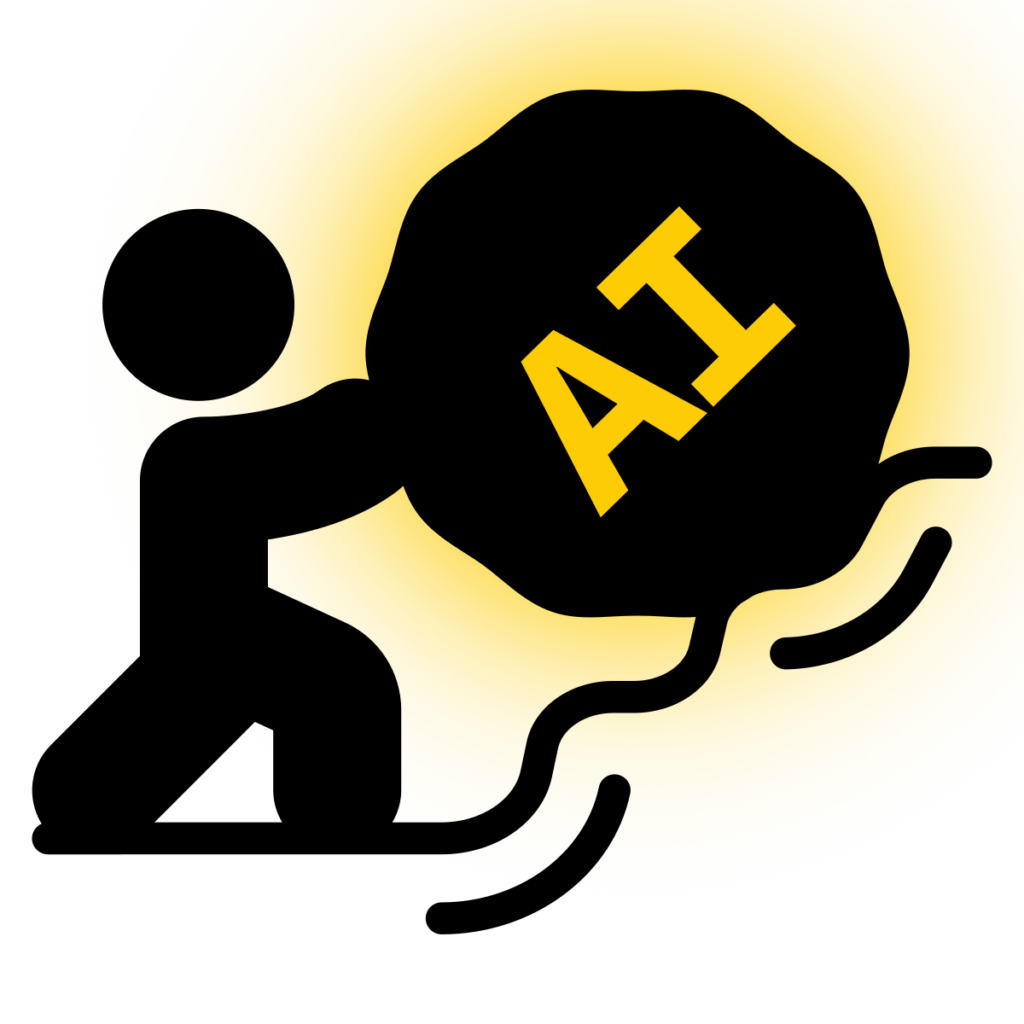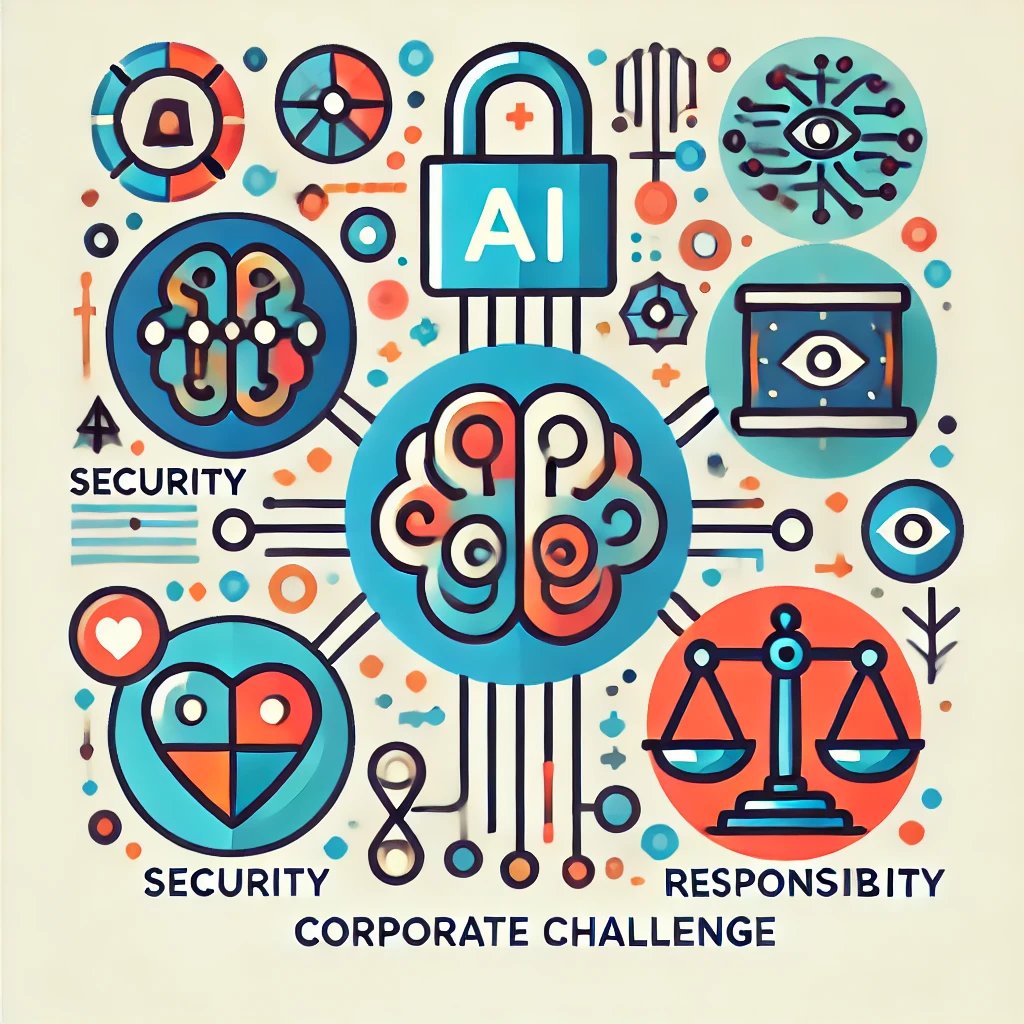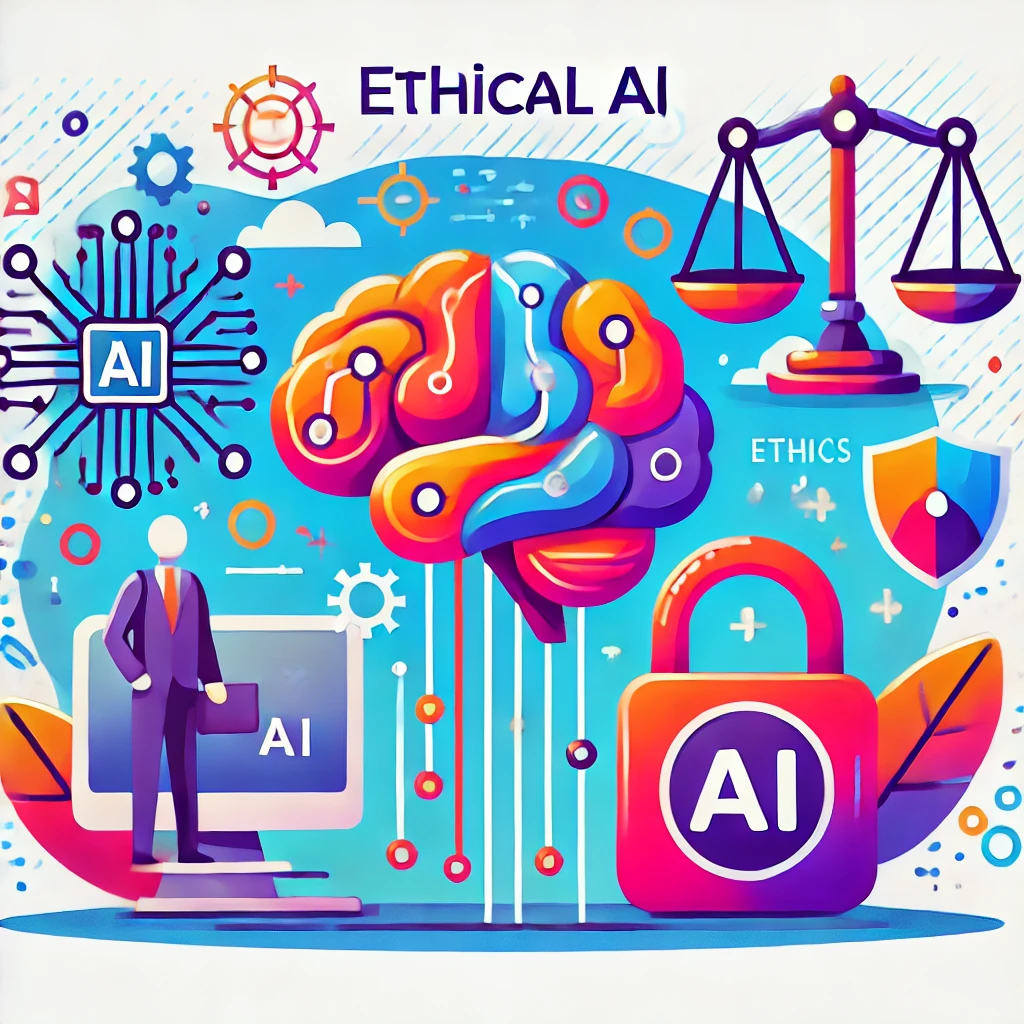
Challenge
A key theme encountered at recent events we have attended is a palpable fear of AI and its impact on organizations, especially improper use by employees that lead to lasting consequences impacting mission, vision, and values. We are looking for submissions providing templates, strategies, and implementation practices for developing, enculturing, and enforcing codes of conduct within organizations to assist the community in managing their ethical journeys.
Objective
We are inviting innovative solutions that define the development, encultration, and enforcement of codes of conduct for the use of AI at organizations. Participants will have until October 18, 2024 to develop and post their solution as a reply to this post. Submissions should include a design, whitepaper, presentation, or other Shark-Tank-style pitch.
Code of Conduct Solutions to Consider:
- Comprehensive Risk Assessment and Mitigation
- Consideration: Organizations must start by conducting a thorough risk assessment to identify potential ethical, legal, and operational risks associated with AI misuse. This includes improper use of proprietary data, privacy breaches, security vulnerabilities, and algorithmic bias.
- What to Include: Submissions should outline a framework for assessing risks and suggest mitigation strategies that align with the company’s mission, vision, and values. Templates for risk assessments could be a valuable tool, including how to prioritize and address specific risks unique to the organization.
- Stakeholder Engagement and Education
- Consideration: The success of any code of conduct depends on buy-in from all levels of the organization, from leadership to employees. Participants should consider how to engage and educate stakeholders about the ethical use of AI and the long-term consequences of improper use.
- What to Include: Submissions should present strategies for building AI literacy within the organization, from training programs to interactive workshops. Highlight the importance of creating an ethical culture where employees feel responsible and empowered to follow the code of conduct.
- Clear Guidelines for Accountability and Enforcement
- Consideration: One of the greatest challenges in AI governance is ensuring accountability when AI is misused or when ethical boundaries are crossed. How will organizations enforce the code of conduct and address violations without causing a chilling effect on innovation?
- What to Include: Submissions should provide clear, actionable guidelines on enforcement mechanisms, including the roles and responsibilities of employees, AI ethics committees, or leadership teams. Consider frameworks for internal reporting, handling breaches of the code, and ongoing compliance audits. Having scalable templates that fit organizations of different sizes or sectors would be beneficial.
- Continuous Monitoring and Adaptability
- Consideration: AI systems and ethical challenges are constantly evolving, so the code of conduct must be flexible and regularly updated to address new risks or legal developments. Participants should include strategies for ensuring that the code remains relevant and responsive over time.
- What to Include: Submissions should provide a structure for regular reviews of the code of conduct, with specific roles assigned for monitoring AI systems, evaluating emerging ethical risks, and updating policies as technology or laws change. This could also include proposals for ongoing employee training or external audits.
Submission Requirements:
- Format: Post your solution as a reply to this thread. Include a design, whitepaper, presentation, or Shark-Tank-style pitch.
- Content: See above
- Creativity: We encourage innovative and novel approaches to solving the challenge.
- Feasibility: Solutions should be practical and implementable within the framework of an organization as defined within the submission.

Prize:
- Submission: 500 XP
- First Place: $500




Leave a Reply
You must be logged in to post a comment.